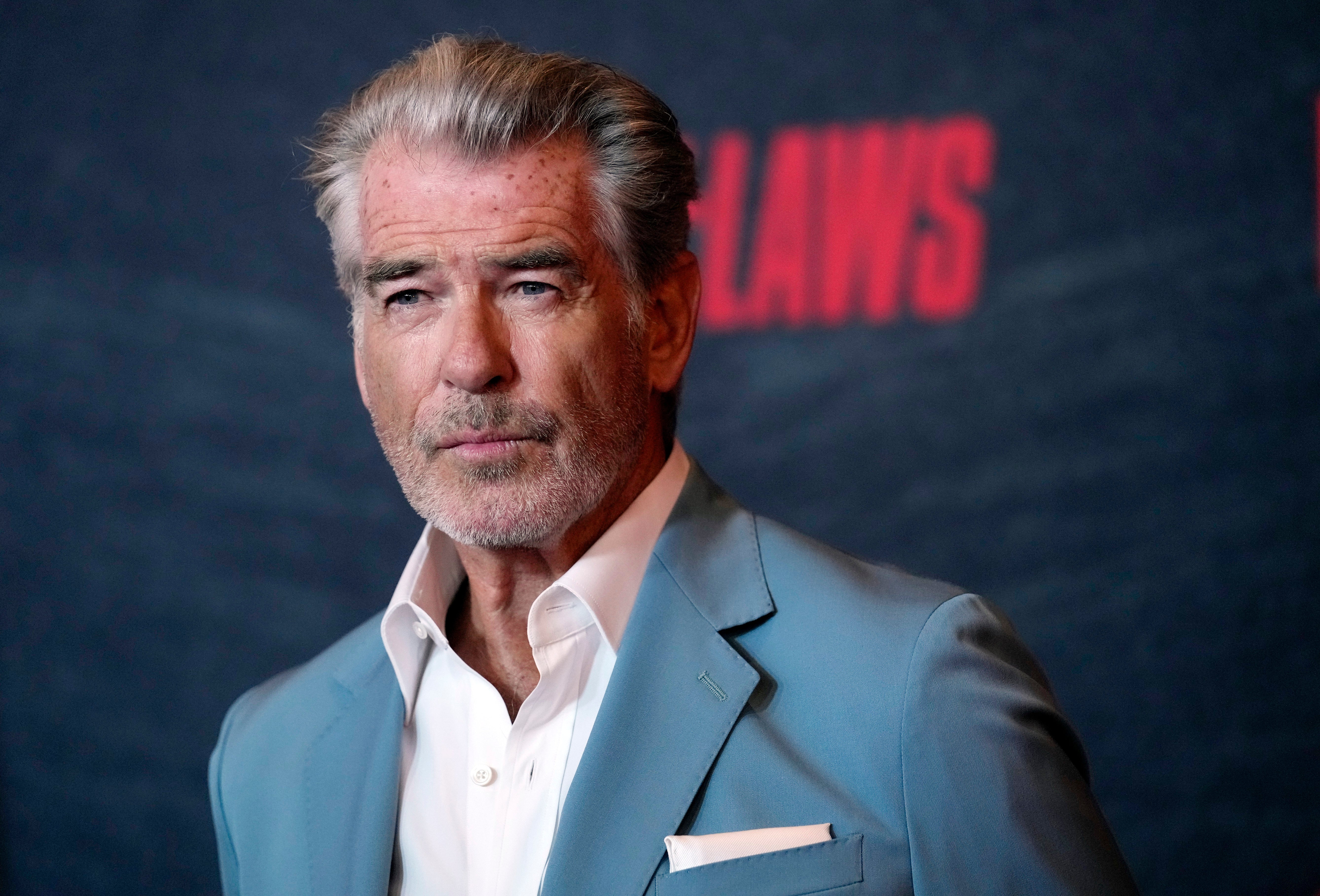I’m not shaken or stirred by James Bond – spare us the latest ‘trigger warnings’
Outdated views, sexism and unsavoury characterisation are part and parcel of the legacy (good and bad) of James Bond, writes diehard 007 fan Rosamund Hall. The point these kinds of warnings are missing is that we know that – and we don’t need to be preached at


Full disclosure: I love James Bond films. Always have, always will (yes, even the Brosnan era – I am word perfect to Tina Turner’s epic anthem “Goldeneye”).
I would happily describe myself as a member of the “wokerati” and would thereby likely feature in a list of people that Suella Braverman dislikes (though I don’t eat that much tofu), but “woke” credentials nonetheless, I still think the latest trigger warnings on James Bond films are absurd – and a step too far.
In a seasonal retrospective of the works of composer John Barry, the British Film Institute (BFI) have added a number of alerts to films being shown in the season, including Goldfinger and You Only Live Twice. The warning to viewers reads: “Please note that many of these films contain language, images or other content that reflect views prevalent in its time, but will cause offence today (as they did then)”.
This is all part of a much wider culture around trigger warnings that feature before you watch (or read)... well, pretty much anything, these days – even classics like Jane Austen and Beowulf. And while some have a real role to play (warning of graphic content such as rape and sexual assault, for example, to help survivors make educated choices as to whether they expose themselves to content that may upset or re-traumatise them), I also believe we are – as adults – capable of making many of those choices for ourselves.
And when it comes to Bond, I simply can’t understand the logic of suggesting that modern audiences today are somehow “incapable” of deciphering what is (and isn’t) acceptable.
You have to have been living under a rock to not know what a Bond film is – and what you can expect. From “Bond girls” in permanent states of semi-nudity, to the demeaning characterisation of Oddjob – none of these views are palatable, but you watch it with the understanding that it stems from a fictional novel written more than 60 years ago. There’s really no need to tell us they reflect the “offensive” views prevalent in its time – we know that. We get it.
Plus, James Bond is the stuff of fantasy and not representative of reality – need I highlight the mountain-deep villain lairs, train-top chases and women painted gold? No Bond fan expects a sanitised representation of real life, because it isn’t.
I first watched James Bond as a child, with my parents – and we always discussed the film at the end. I was taught at an early age to think critically about issues such as racial stereotypes and the sexist portrayals of women. What came up in Bond movies were part of those discussions. I would hope that younger audiences going to the BFI to watch this retrospective would be encouraged to do exactly the same, rather than being preached at.
Trigger warnings can be useful, and they’re no doubt steeped in good intentions – but for me, the rush to slap a warning on everything we consume only serves to highlight the irony of many of the ways we now live. How has our society become so simultaneously over-sensitive – yet so brutal and polarised in other ways? Just look at the language our elected representatives use around migration, if you want a timely (and relevant) example.
At least, with James Bond, what is inappropriate and wrong is obvious. It’s upfront and in the open, ready to be analysed and (if necessary) condemned. When something is staring you in the face, it’s much easier to challenge it. It is far more concerning, to me, when these kinds of views are allowed to exist below the radar.
Across the world, right now, we see all sorts of “modern” injustice. Women are being denied basic fundamental rights over their bodies and rights to abortion in America and elsewhere; young children are being indoctrinated by misogynists like Andrew Tate. Racist, religious, homophobic and transphobic hate crimes are on the rise, and our government is doing nothing to make the country truly inclusive for everyone. They seem to thrive off polarising society and creating rifts between us.
The subtle undermining of rights and freedoms that we take for granted continues, and yet we’re being warned about the contents of “hammy” films from the 1960s.
Doesn’t that seem ridiculous? It does to me – and worse, dangerous. As the old adage (attributed to Voltaire) goes: “I disapprove of what you say, but I will defend to the death your right to say it.”
Instead of buying in to the confected “culture wars” with censorship, over-cautious trigger warnings and “cancelling” those whose views we disapprove of, we should let them speak – and then roundly call them out for it. For when we close ourselves off and limit discussion and understanding, we lose the ability to see the other side – and that’s a terrifying place to find ourselves in in 2024.






Join our commenting forum
Join thought-provoking conversations, follow other Independent readers and see their replies
Comments